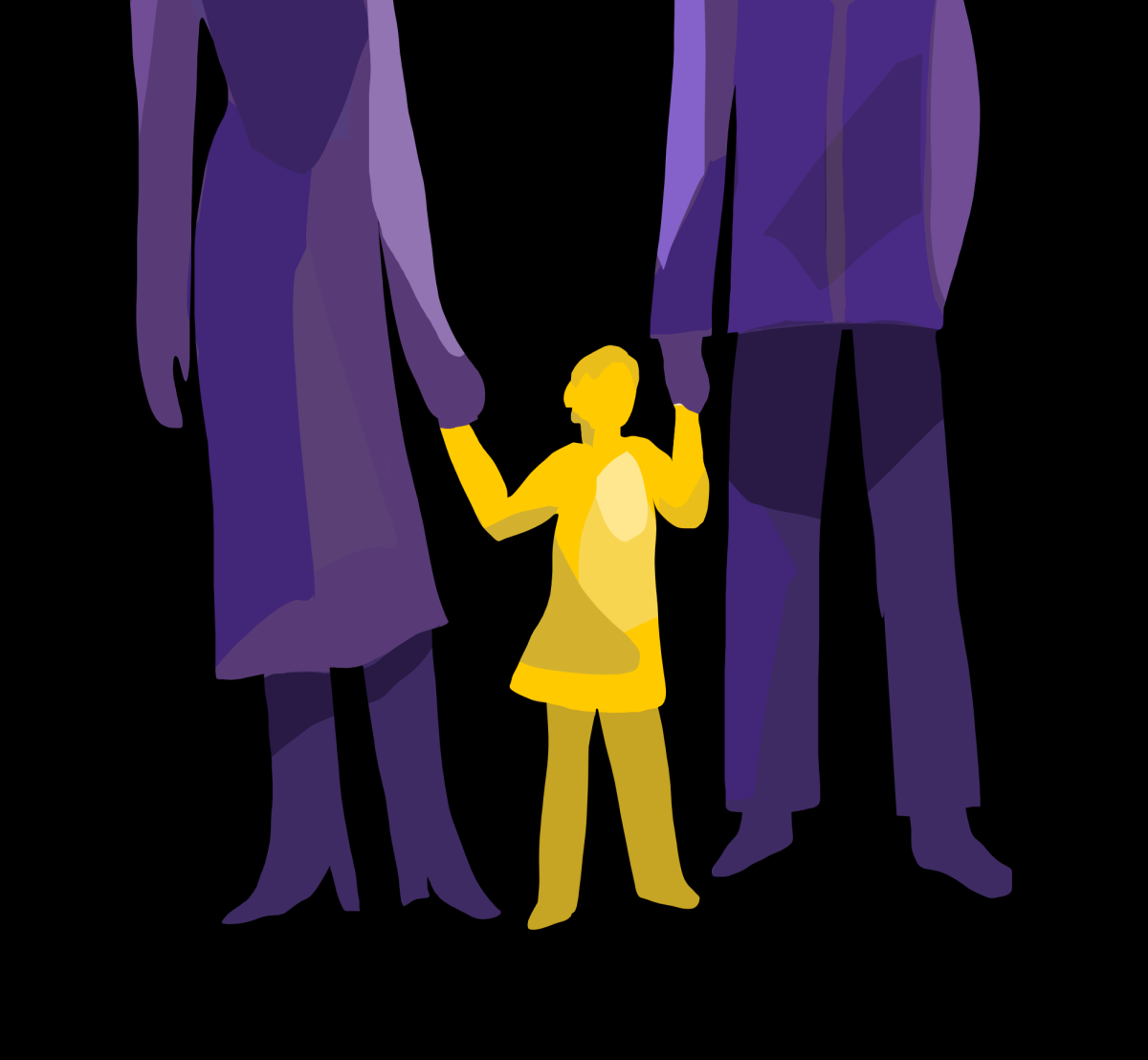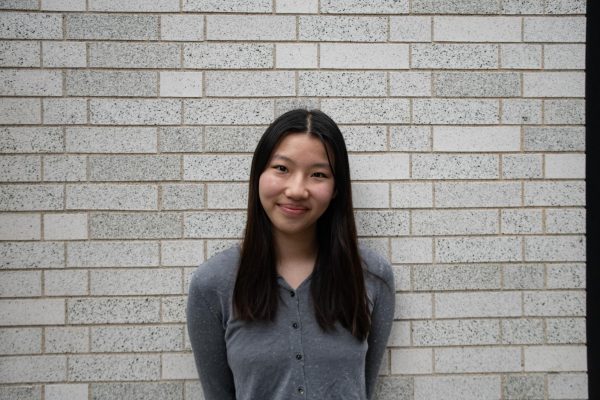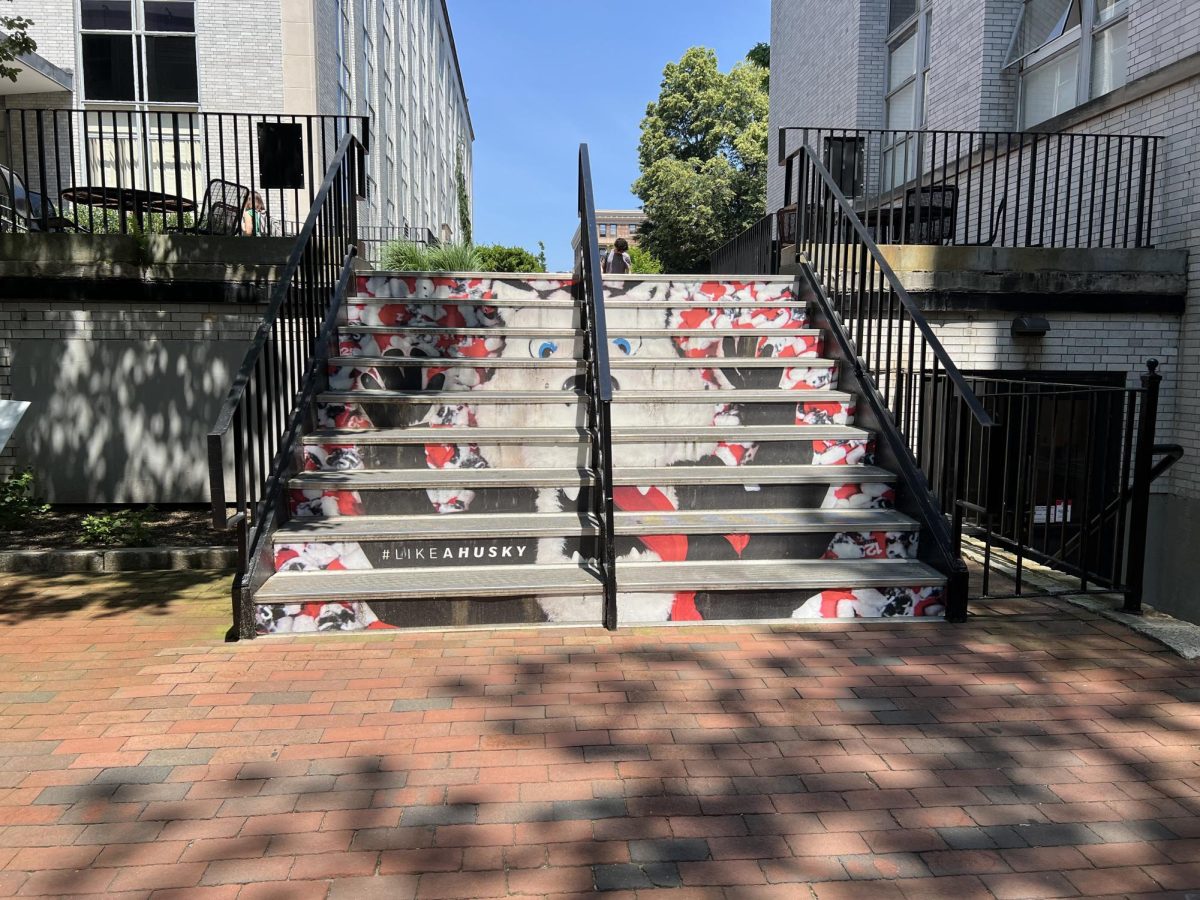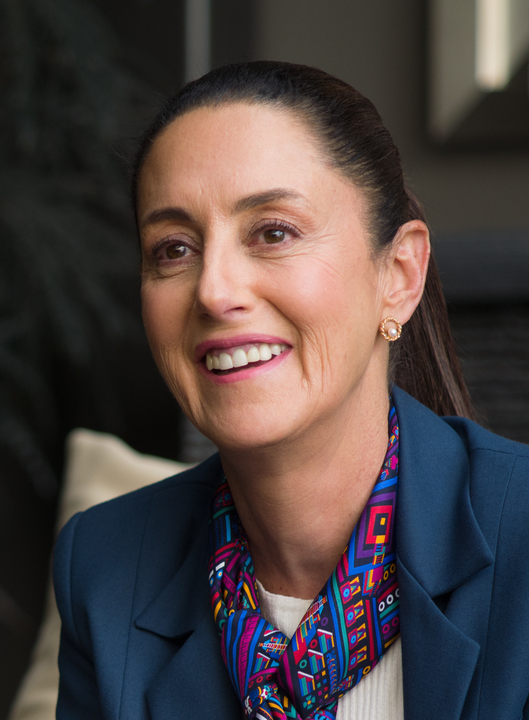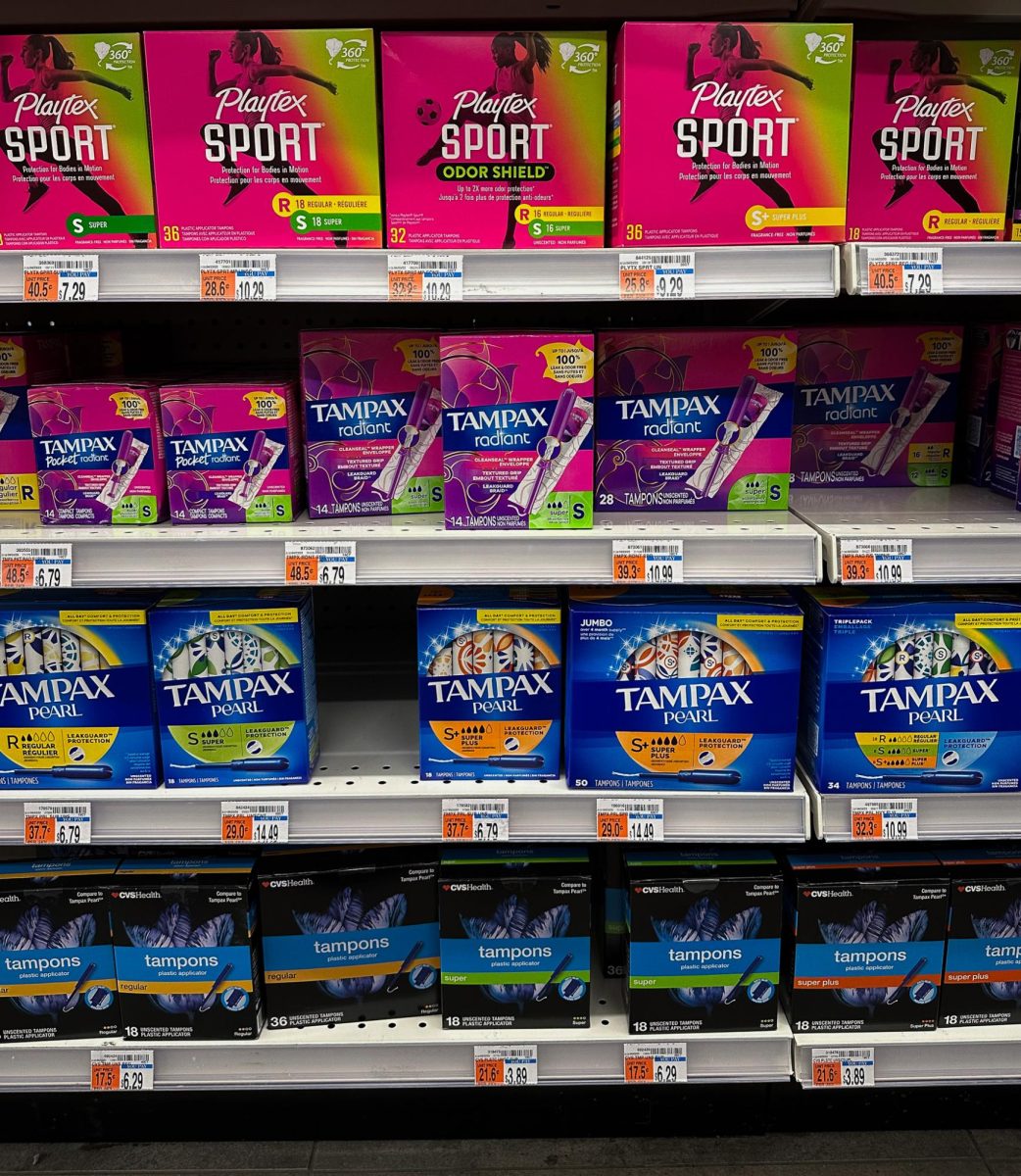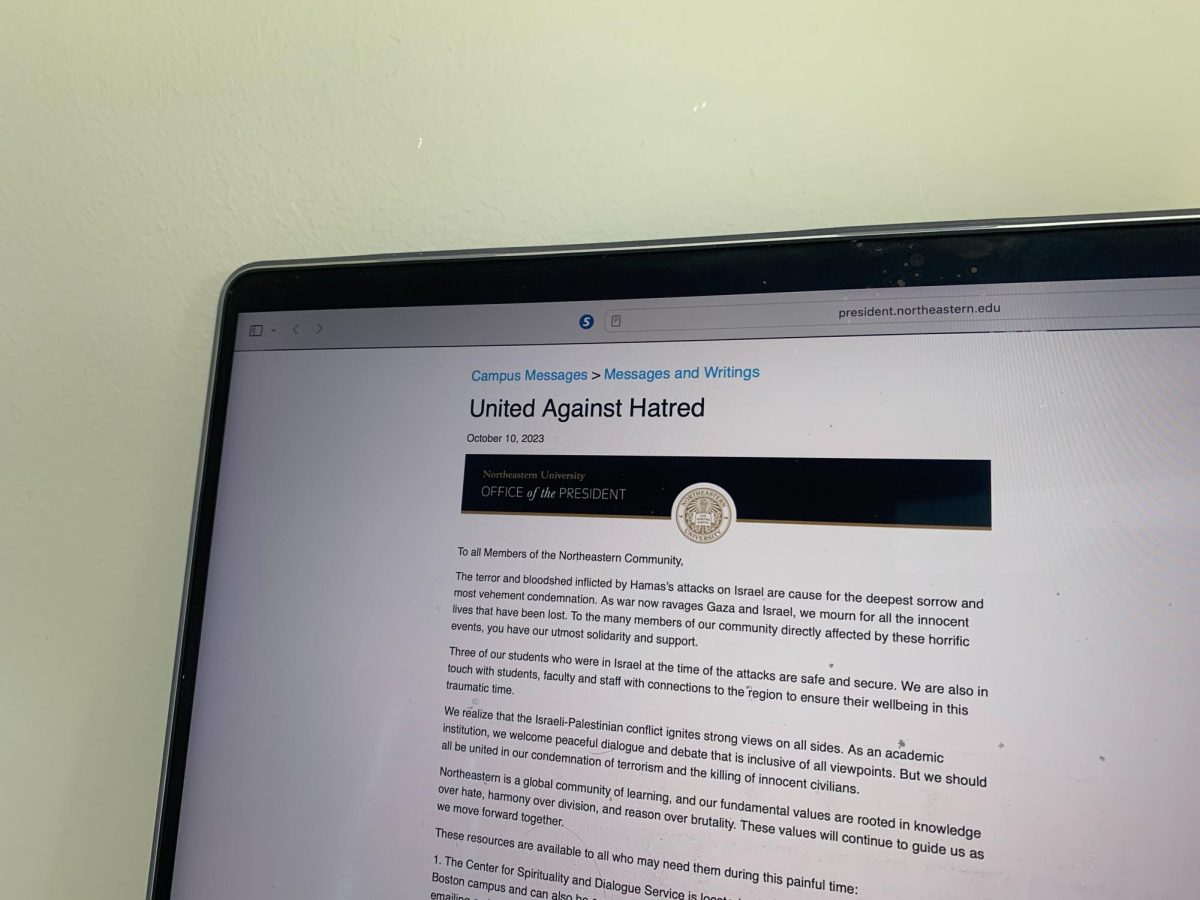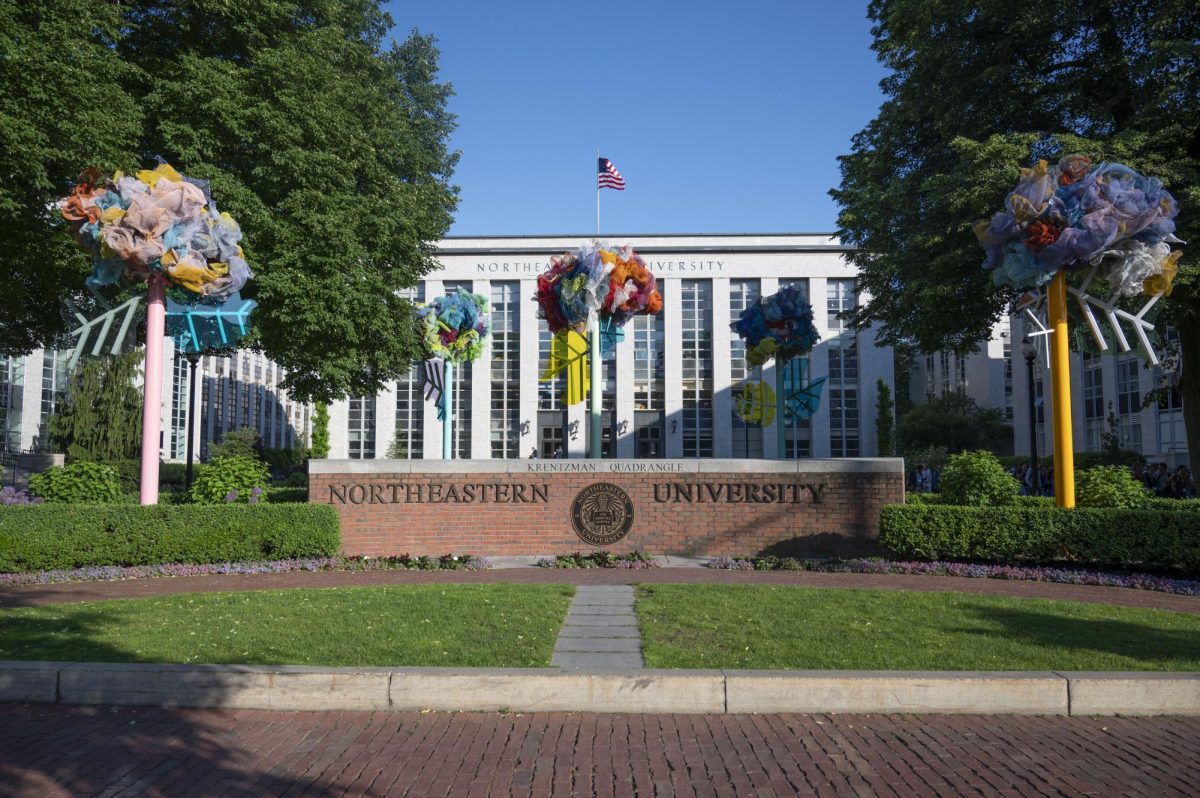Adoption is known as an alternative way to start or grow a family. It’s a beautiful thing that shows family isn’t just about blood. But there is also a different side to adoption, especially transracial adoption. Transracial adoption is when someone or a couple adopts a child that is outside of their race. Between 2017 and 2019 about 28% of adoptions were transracial adoptions, according to the Office of the Assistant Secretary for Planning and Evaluation of the U.S. Department of Health and Human Services. Of the parents who adopted, 73% were white and 37% of white children were adopted, according to Adoption.org.
White saviorism in adoption usually happens in cases where the parent wants to adopt a child with the mindset of saving them from their horrible and poor situation. The child in the unfortunate situation is usually a person of color. The idea of saving a child is harmful because adoption should be about the child and not about the parent being seen as a good person for “saving” a human. Adoptees are not trophies for white parents, and all parents should adopt for reasons such as simply wanting a child.
Due to white saviorism criticism and the expressed frustrations of transracial adoptees, there have been multiple debates on if transracial adoption should even be allowed. I have also wondered this question myself.
As a transracial adoptee born in China and adopted by white parents from the U.S., I have experienced a loss of culture and the harmful effects of white saviorism. All adoptees have different stories and experiences, so I can only speak from my own experiences and opinions. I love my parents and I have lived a good life. However, I have noticed many cases of white saviorism when it comes to adopting a child that is different from one’s race.
Being raised in a white family, I never connected with Chinese culture. I don’t speak a word of Mandarin and don’t celebrate any Chinese traditions.
My mother admitted to me that she didn’t want to adopt a white child because she didn’t want to be seen as a family that would only accept people of white race into the family. During the early 2000s, adoption from China was popular in the United States. In my opinion, people shouldn’t adopt children of color solely because they see them as more disadvantaged or poorer than white children. I don’t believe I was adopted out of the white savior complex mentality, but I’ve had a few moments with my parents where I believe the white savior complex was brought to light.
My mother has told me that she didn’t believe she was capable of getting involved in Chinese culture. She didn’t grow up in a cultured environment or in an age where race and ethnicity had been so significant. My parents then took a “colorblind” approach when I showed no interest in Chinese culture. “Colorblind” approach in adoption means the adopted child’s race isn’t seen as a significant factor, and the parents claim to not see race as a difference between the parent and child. This used to be seen as being open-minded and accepting of any race, but is now criticized for being ignorant and not willing to embrace another’s culture.
In elementary school, my white father would come into my class to give a lesson on Chinese New Year in January. He handed out red envelopes filled with chocolate to my fellow classmates and showed off a scroll with Chinese writing and drawings on the inside. The information used for the lesson was acquired from a Google search and Wikipedia.
This is a memory I look back on and cringe because I realized how bad it looks to have a white, Irish father talk about Chinese culture because he has an adopted Chinese daughter. It is moments like these where white saviorism seems to arise in transracial adoption.
Many white parents who adopt children of color have discussed the issues of approaching a talk with their children about racism. I too had a similar experience with my parents when violence against Asian Americans was on the rise in 2020. My parents do acknowledge the fact that they will never face racism and that I have a different perspective on race as a person of color.
However, during this time, both of my parents tended to be overprotective of me and feared for my safety. My father was on a call with his friend and they were chatting about racism against Asian Americans. My father said to his friend that if anyone was to be racist towards me in front of him he would get mad and start a fight. My mother and I were taking a day trip to New York City right after COVID-19 restrictions were being lifted and my mother carried a five-pound weight in her purse the whole day because she planned on using it as a weapon if anyone tried to attack me.
Although I appreciate the fact that I have parents who want to protect and look after me, I don’t need to be saved from people who view other people as less than human because of their race. I’m prepared to handle myself if I’m ever in a situation where I’m being discriminated against because of my race, and I don’t need my white parents to save me from racism.
These experiences throughout my life and reading other adoptee stories have made me realize that a prevalent issue in transracial adoption needs to be addressed and solved. This brings back the question of if transracial adoption is really a good thing and if it should be allowed. In my opinion, transracial adoption should continue. Just because there are obvious issues within this type of adoption, that doesn’t mean transracial adoption as a whole should be thrown away.
As for solutions, I believe that parents need to realize that the colorblind approach to raising a child outside of one’s race is a bad decision and isn’t accepting of that child’s identity. I wish my parents would have tried harder to learn Chinese culture and have me experience more of Chinese culture instead of just playing “Mulan” and “Big Bird in China” on TV. Talking with people who are a part of that culture is a good way to educate yourself on the traditions and costumes that your child is a part of.
Erasing the narrative of adoption as a way of saving disadvantaged children or seeing adoption as a last resort when pregnancy didn’t work could also help. No adoptee wants to feel like the only reason they were adopted was to be fixed or to be a replacement for parents who couldn’t have biological children.
There are plenty of other transracial adoptee stories that I encourage you to read and learn from, as this is just my story. I don’t want to deter anyone from adopting in the future and I highly encourage adoption, but I wanted to show a different side of the narrative. Adoption is still beautiful and I’m proud to be an adoptee, but we need to do more to spread awareness of this issue and educate parents of transracial adoptees as well as future parents who will adopt.
Alyssa Enright is a second-year journalism and criminal justice major. She can be reached at [email protected].







